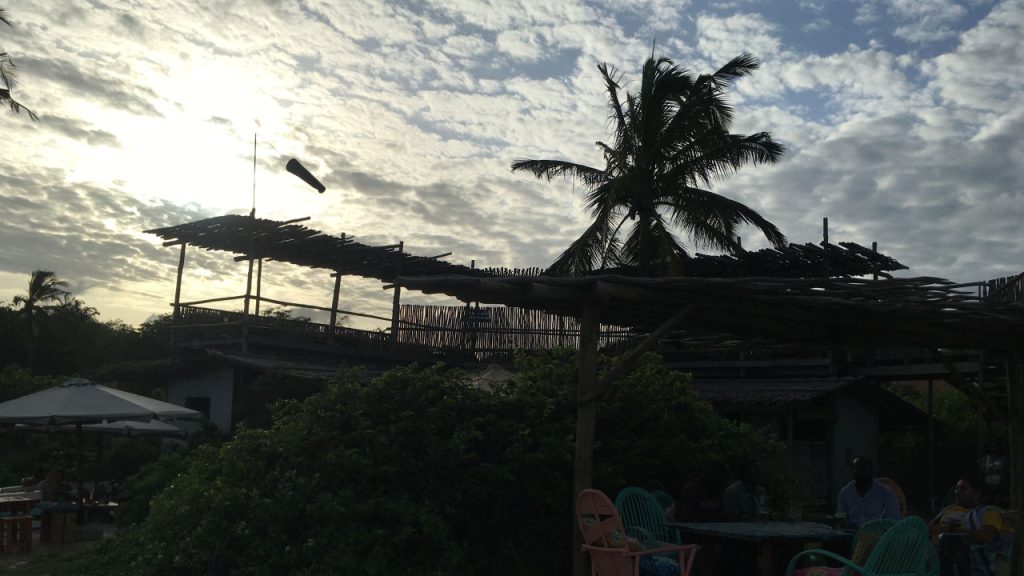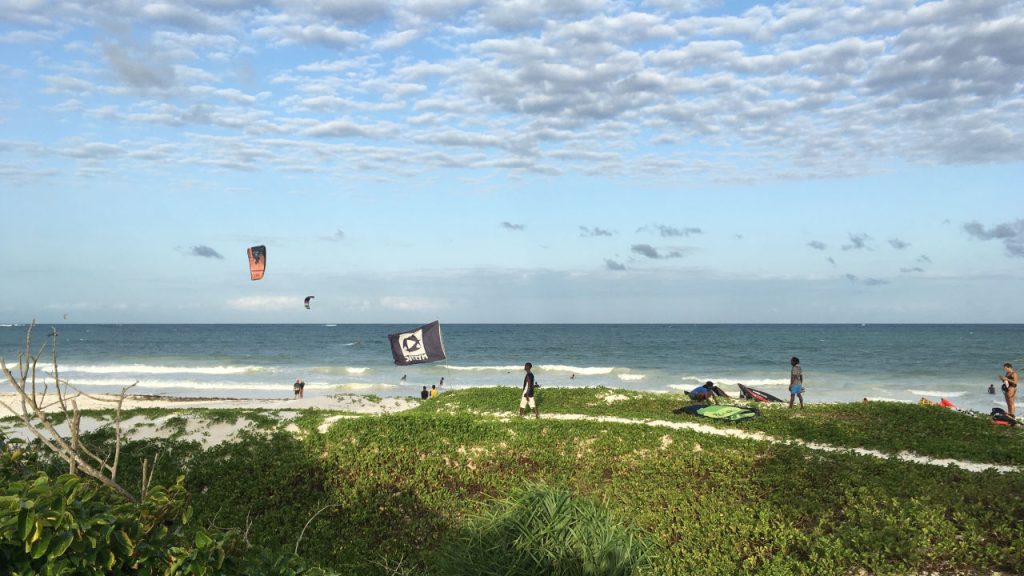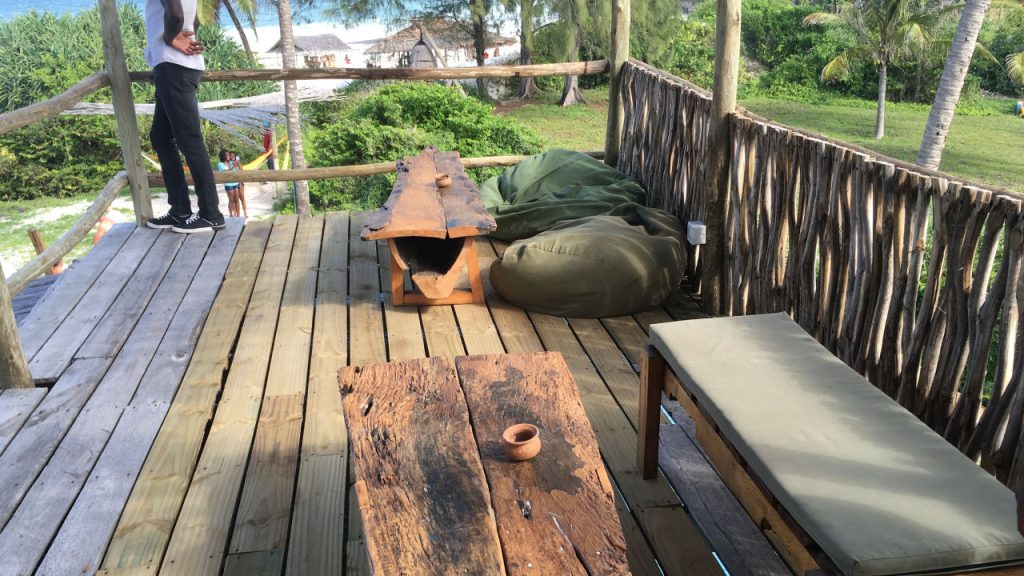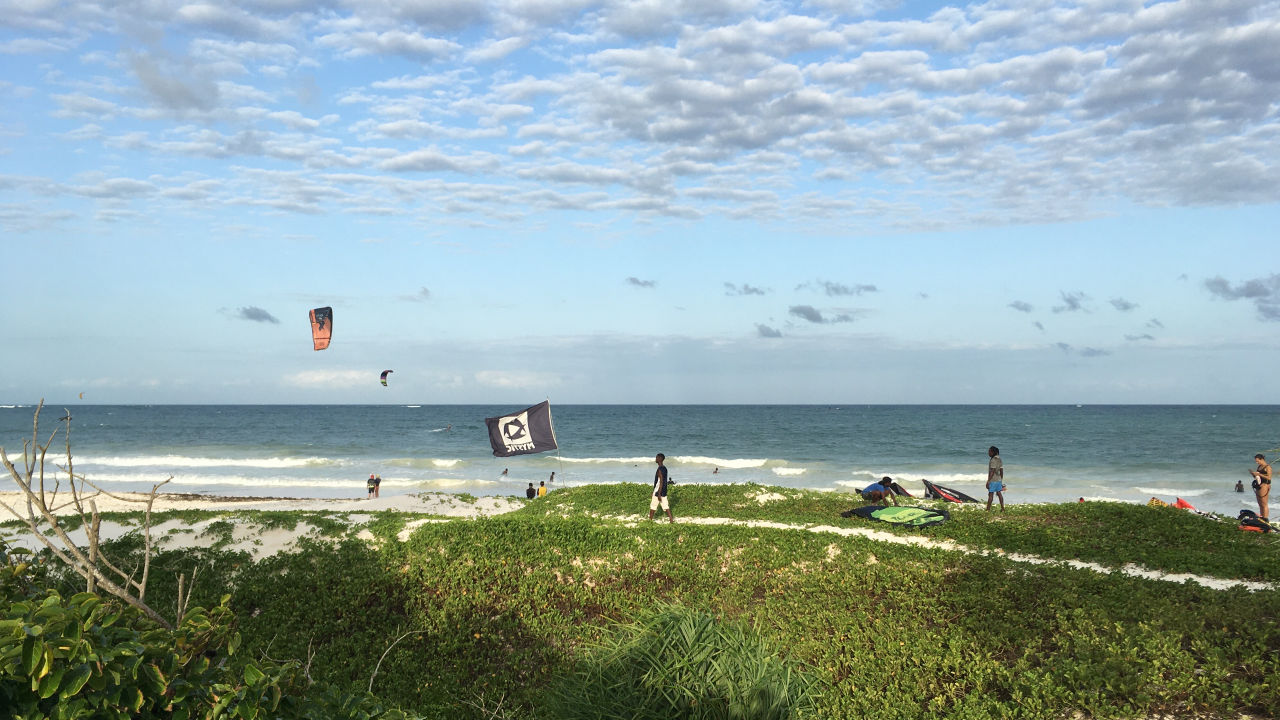The Kenyan Coast has always won the hearts of travelers because of its unique identity and rich culture, which the rest of the country has forgotten underneath a blanket of modernity. So, if you are looking for an upbeat, vibrant, fast-paced society, you go to Nairobi. But, if you want to unwind, blow some steam, and enjoy the expansive coastline, your path lies on the Kenyan Coast.
Kilifi is one of these unique places where rich coastal culture can be experienced, where your mind takes the day off, and your heart experiences. But something is changing in Kilifi. It’s not just a destination to travel, unwind, and bask in the sand. Instead, it’s slowly turning into a haven for freelancers.
Everything Changed for Kilifi After 2020

In 2020, the Global Pandemic happened, and everything we knew about work and play was turned upside down. Living rooms turned into make-shift offices, and the offices turned into ghost towns. Yet, one year down the line, nothing seems to have changed.
So, where does Kilifi come into the picture? After the first lockdown was lifted in Kenya, Nairobi experienced an urban exodus. Thousands of people lost their jobs, and the once vibrant, fast-paced city was deserted.
While everyone else was running upcountry from the cities, a small, close-knit community of workers had something else in mind. This community of professionals has been working from home for more than a decade. Unlike any professional you’ve seen, they work in the Pajamas. Like house cats, they spend hundreds of hours each month indoors, not swatting at flies or enjoying an afternoon nap, but making a living—working online.
Kilifi Is A Digital Nomad’s Haven

A considerable portion of this community silently moved from the now unbearable cities to the Kenyan Coast, specifically Kilifi. But here’s the twist: they didn’t move to Kilifi for the beach life. Instead, they came here to work. They joined a global tribeless community known as the Digital Nomads.
A simple definition of a digital nomad is a person who earns a living online in various locations of their choosing. These rare individuals have the luxury of making a living while they travel.
I heard about digital nomads in 2014 through an advert marketing Thailand, specifically Chiang Mai, as a destination for online workers looking for a work-and-play environment. Is it possible? I believe anything is possible nowadays, and most importantly, I think it’s worth an experience.
The numbers speak for themselves. Chiang Mai has witnessed considerable development due to the influx of digital nomads flying to the city each month for an out-of-this-world work-and-play experience.
“It’s the laptops. They’re everywhere. Never before have work and life been so mobile. Chiang Mai is home to the leading-edge movement. You’d have to avoid the city center or entirely ignore it’s been colonized by remote workers and online entrepreneurs who’ve come to be known as digital nomads.” A post on Chiangmaicitylife.com read.
Kilifi Could Be Africa’s Chaing Mai

Thailand jumped deep and invested heavily in this new form of tourism for the benefit of its citizens. As a result, the coastal city of Chiang Mai is reaping enormous benefits in all sectors. The hospitality industries are thriving, furnished apartments are everywhere, and new tech startups are setting camp there. A Technology Park/Incubator and part co-working and event space that played host to TEDx a few years ago, Chiangmai&co, a private venture, also offers services to startups and tech teams in Chiang Mai.
Kilifi is experiencing the same wave Chiang Mai did a couple of years ago. First, a few celebrities, including YouTubers, then freelance writers, and now, a steady influx of software developers, started the move.
The SGR Madaraka Express makes it possible to get to Nairobi comfortably in 5-hours, and local airlines are also banking on the same wave with reduced airline tariffs. Property developers, serviced apartments, urban developers, and inner-city transportation services are switching their focus to this new clientele.
A resident’s intelligence revealed that it’s possible to lease a decent 2-bedroom furnished apartment close to the shorelines for less than $300 a month. Unfurnished apartments go for much, much less, and the quality of life is to die for.
Don’t get fooled; Kilfi’s coastal experience is one of the best on the coast. There’s very little city influence as you head up north from Mombasa. The shorelines are cleaner. The culture is richer, the landscape is tropical green, and the food is authentically local. Kilifi is also home to some of the most exclusive resorts. Hidden gems are scattered throughout the town.
There’s also a mall, an upcoming shopping district, a thriving restaurant and nightlife scene, and, best of all – peace of mind by the shores of the great Indian Ocean.
Can Kilifi reach the depths of Chiang Mai? Well, the digital nomad wave has already begun, and it’s up to the residents and stakeholders to tap into this new market and keep this fast-growing rare breed of professionals there for the long haul.
